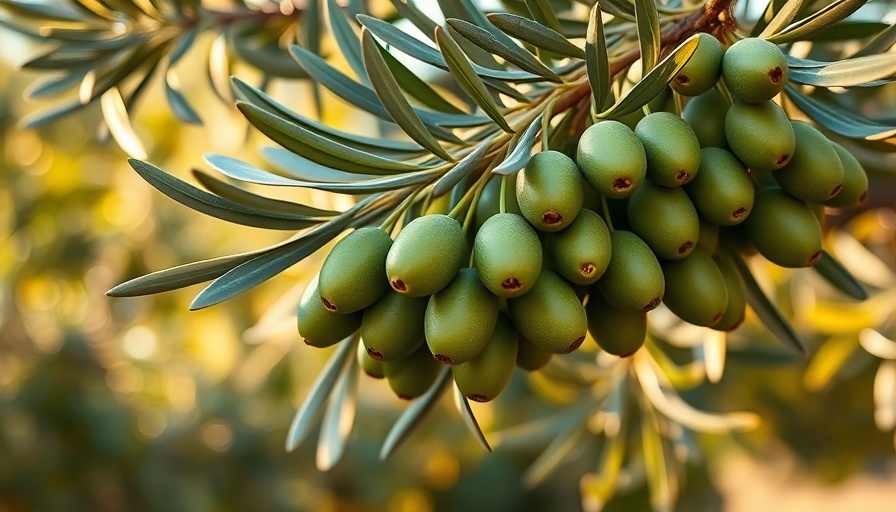
Unlocking Sustainable Farming through Local Knowledge
Across Europe, farmers and foresters are embarking on a transformative journey, leveraging local expertise and collaborative efforts to spearhead a shift towards bio-based farming practices. As evidenced by the inspiring story of Michalis Genitsariotis, a former salesman turned olive grower from Greece, the call for sustainable agriculture has never been more essential. Michalis made the leap into farming after the 2008 financial crisis, driven by a desire for stability and a passion for his homeland's agricultural heritage.
Having chosen olives as his crop of focus, Michalis is now on a mission to embrace organic farming—eschewing chemical fertilizers and pesticides. He is part of an EU-funded network that has united experts from various countries, including Czechia, Italy, and Ireland, all aiming to enhance sustainable practices in their respective regions.
The Power of Collaboration in Agriculture
The BBioNets initiative exemplifies how European collaboration can bolster agricultural sustainability. As explained by Carmen Girón Domínguez, a Spanish biologist and coordinator of the BBioNets team, the focus here is on optimizing existing practices rather than inventing new technologies. By harnessing local knowledge, farmers can share effective solutions tailored to their climates and agricultural norms.
The initiative doesn’t just connect farmers; it builds a community of Forest and Agriculture Networks (FANs). These networks gather diverse stakeholders who collaboratively address regional challenges, fostering an environment of co-creation that promotes innovative bio-based technologies.
Simulating Sustainability through Real-Life Examples
Such initiatives highlight the potential of existing circular bioeconomy technologies already in practice across Europe. The objective is clear: streamline these solutions so they benefit as many farmers as possible. This is not merely about sustainable gaps; it’s a reflection of a unified drive towards ecological preservation and better farming practices.
For instance, while Michalis adapts olive production techniques, similar approaches are being tested elsewhere. Farmers from Spain to Poland are experimenting with bio-based materials that align with the EU’s strategic goals of promoting a circular bioeconomy, ensuring healthier ecosystems and thriving communities.
Looking Towards a Sustainable Future
The urgency for sustainable farming practices is echoed across Europe, making the work being done by initiatives like BBioNets even more pressing. Collaborative efforts mean that knowledge gained from one country can readily adapt and flourish in another, demonstrating the real power of shared insights in agriculture.
This resource-sharing framework is synchronous with the broader ambitions of reducing waste and enhancing climate resilience, aligning with newer policies set to evolve in the EU by the end of 2025. The focus on sustainable resource use, coupled with innovative biotechnological applications, promises to spearhead significant improvements in agricultural ecosystems.
Your Role in Promoting Bio-based Solutions
As consumers, understanding and supporting local farmers who are making strides towards sustainable practices is paramount. By opting for bio-based products and engaging with local agricultural initiatives, individuals can contribute to a movement that celebrates ecological harmony and responsible resource use.
Explore your local markets, learn about where your food comes from, and become an active participant in the journey toward a greener future. Your choices matter, and together we can inspire change that reverberates through our communities and upholds the values of environmental stewardship.
 Add Row
Add Row  Add
Add 




Write A Comment